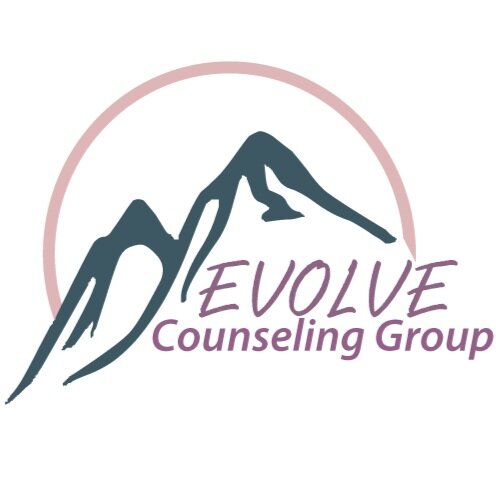August Newsletter
This month, we’re focusing on an essential aspect of well-being – sleep – and also welcoming a wonderful new clinician to our practice.
The Gentle Art of Better Sleep
Getting a good night’s sleep is one of the most nurturing gifts we can give ourselves to support our mental and emotional health. However, for many, falling asleep or staying asleep comfortably can be challenging. Waking up feeling tired or unrested can affect your mood, concentration, and resilience throughout the day. While some sleep tips are well-known, others are less obvious but just as effective, supported by science. Here’s a gentle guide blending essential sleep hygiene habits with lesser-known techniques that can help train your body and mind for more restful, rejuvenating sleep
Core-Known Sleep Strategies (Still Worth Repeating) Consistent Sleep Schedule
Try to wake up and go to bed at the same times each day, including weekends. This consistency helps your brain and body establish a rhythm and anticipate sleep.
Wind-Down Routine
Give yourself the gift of a gentle wind-down in the last 30–60 minutes of your evening. Try soft, soothing activities like stretching, journaling, reading something light, or turning down the lights. Anything that helps your mind and body ease out of ‘go-mode’ and into a sense of calm helps ease into rest.
Limit Blue Light Exposure
Two hours before bed, reduce screen time or use tools like blue-light-blocking glasses, F.lux, or Night Shift settings. Blue light delays melatonin production and can trick your brain into staying alert.
Cool, Dark Sleep Environment
Create a cozy sleep space that feels like a retreat that is quiet, dark, and comfortably cool. Around 65°F (18°C) is ideal for most people. Small touches like blackout curtains or a soft sleep mask can go a long way in helping your body settle into deeper, more restful sleep.
Lesser-Known (But Highly Effective) Sleep Tools Magnesium-Rich Snacks or Supplements
Magnesium is a gentle helper when it comes to calming the nervous system. A simple evening snack like almonds, pumpkin seeds, or a banana can naturally support your body’s ability to relax by boosting GABA, the brain’s soothing neurotransmitter. Some people also find that a magnesium glycinate supplement helps, but it’s always best to check in with a
healthcare provider first.
Sunlight Exposure Within 30 Minutes of Waking
Getting outside in the morning, even for just 10–15 minutes, can help reset your internal clock, support mood, and promote nighttime melatonin production.
Temperature Drop Signal
Take a warm shower or bath about 90 minutes before bed. As your body cools down afterward, it mimics the natural core temperature drop needed for sleep, making it easier to drift off.
Progressive Muscle Relaxation (PMR)
This gentle practice guides you to tense and release each muscle group, one at a time, helping your body let go of built-up tension. It signals to your nervous system that it’s safe to relax and prepares you for deeper, more restful sleep.
Explore Sleep-Related Core Beliefs
It’s common to carry quiet, pressure-filled beliefs about sleep, like ‘If I don’t get 8 hours, tomorrow will be a disaster.’ These thoughts can create stress and make it harder to drift off. Gently exploring and reshaping these beliefs through cognitive strategies can ease the pressure and invite a more peaceful approach to rest. As always, consistency is key. Be patient as your body relearns how to relax. And if sleep difficulties persist, consider working with a therapist trained in cognitive behavioral therapy for insomnia.
Written by: Dr. Jamie Bailey DSocSci, LCPC, LPCMH, NCC
Welcome, Terrace Blake, LGPC -- Now Accepting Clients!
We’re happy to introduce Terrace Blake to our team! She offers a friendly, holistic, and client-focused approach to therapy, passionate about helping people feel understood, acknowledged, and empowered in their healing process. Terrace combines warmth, expertise, and intuition in her practice and is dedicated to supporting her clients with compassion, teamwork, and trust. Her presence garners comfort and allows space for growth.
Terrace holds a Master’s degree in Clinical Mental Health Counseling from Regent University and a Bachelor’s in Psychology from Notre Dame of Maryland University. She offers telehealth-only services for adults and couples, drawing on CBT, DBT, and person-centered therapy.
We’re excited for you to get to know Terrace! She’s now accepting new clients via telehealth!
